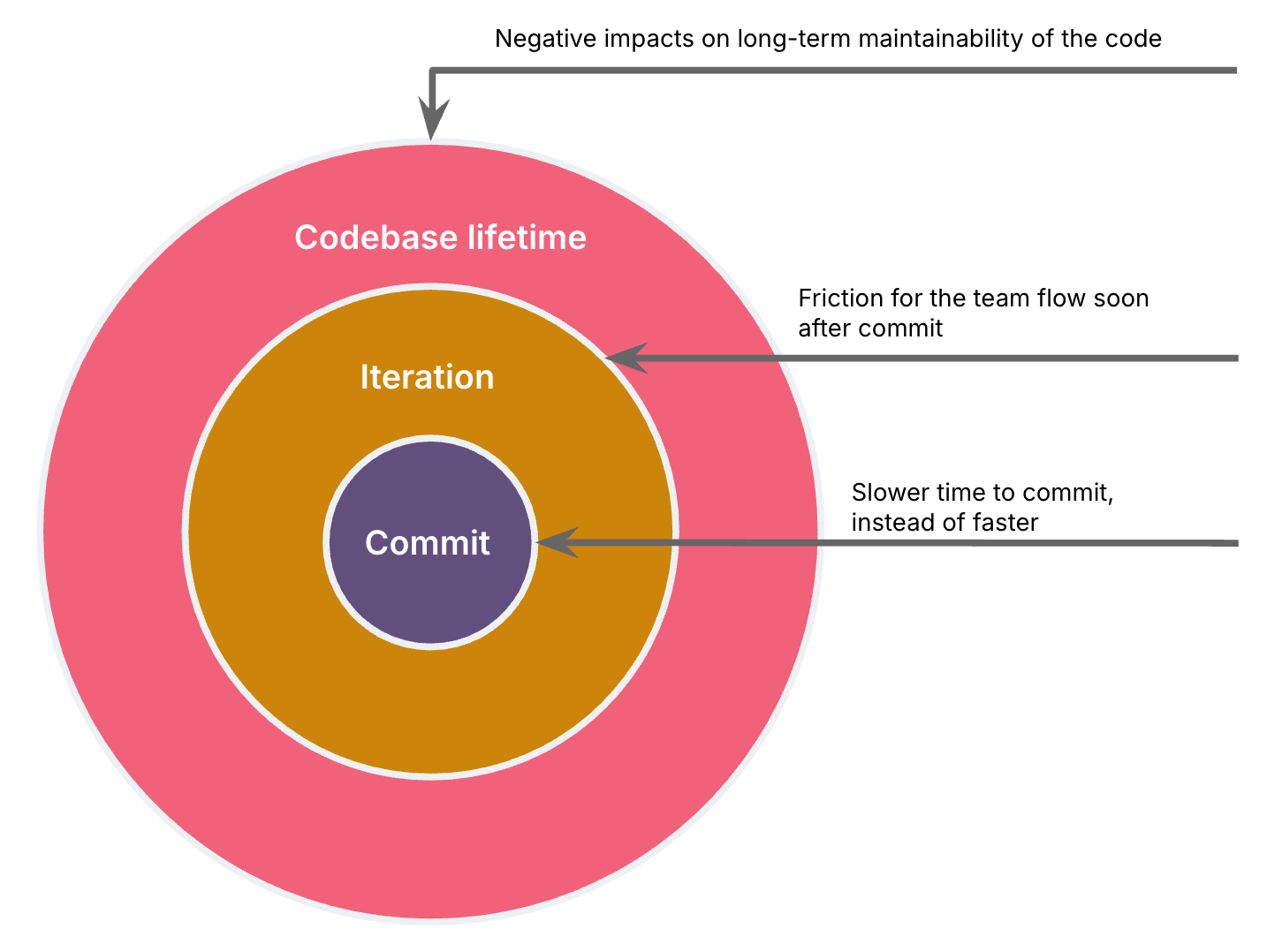Amazon Q and The Future of Autonomous Development | AWS' Adnan Ijaz
How AWS saved 4,500 years of developer work by using AI agents
AI is evolving at a breakneck speed, leaving engineering leaders with a critical dilemma: innovate or fall behind. But how do you experiment with AI without risking your credibility?
Andrew Zigler sits down with Adnan Ijaz, Director of Product Management for Next-Gen Developer Experience at AWS, to unpack the power of AI agents. Together they discuss how to leverage autonomous AI in your development workflow, and learn from real-world examples like Amazon Q.
Dive into the evolving role of the developer and discover how to mentor your AI, not just use it. It's time to shift from task-oriented coding to strategic architecture, and this episode shows you how.
But first, co-host Dan Lines frames the conversation by discussing the shift towards measuring the concrete benefits of AI tools in development, rather than just their potential. Dan also provides examples of how to set realistic expectations for AI implementation by focusing on specific tasks and measuring both individual and workflow improvements, highlighting the need for overall workflow optimization.
“A lot of human development would still be at the forefront. They would still be in charge, but their role would shift from maybe writing a lot of code in the editor to a lot of architecting, thinking, ideating, and then working with the software agents to go deliver those.” — Adnan Ijaz
The Download
The Download helps you do better than par. ⛳
1. Is “vibe leadership” the future of engineering 😂
Forget metrics. Forget outcomes. Forget everything you know. It’s time to lead with your ✨vibes✨ Or so says a very serious-sounding edition of LinearB's Engineering Intelligence. Bottom line? It makes the case for “vibe leadership” as the next big thing, and even will pair you with a nefarious helpful GPT assistant. Be forewarned: measuring PRs with “vibe scores” might hit too close to home for some. Read it for the laughs, but stay for the sneaky reminder that culture still counts. (Just maybe don’t use cowsay in retros.)
Read: Forget Vibe Coding. Vibe Leadership is the Future
2. Thoughtworks shares a new memo on agentic AI adoption 🤖
Thoughtworks’ Birgitta Böckeler (and also, past Dev Interrupted guest!) shares a useful breakdown of agentic AI’s emerging role in software development. And as we’ve been exploring on the podcast, the memo reveals how the work is not about replacing engineers, but eliminating friction. She digs into real-world patterns and cautions against falling for the hype. If you’re navigating AI adoption, be sure to check this one out.
Read: The role of developer skills in agentic coding
Stop losing DevEx arguments and start winning buy-in 🏆
Frustrated translating between developer reality and executive priorities?
It’s time to flip the script.
In LinearB’s upcoming workshop with Expedia’s Director of DevEx, Guillermo Manzo, you’ll learn exactly how to turn DevEx metrics into business outcomes leadership cares about. Get the playbook to measure, communicate, and prove why investing in your developers isn’t optional —— it’s essential.
Join LinearB’s live workshop with Guillermo Manzo, Director of Developer Experience at Expedia, and learn how to translate engineering metrics into business outcomes your leadership actually cares about. You’ll get the practical strategies (and real-world examples) you need to connect developer experience to company performance.
Best of all, you’ll walk away with LinearB’s plug-and-play CTO Board Deck Template. Your next leadership meeting? Basically done for you.
Sessions
April 9th @ 11am PDT
April 10th @ 11am GMT
3. Your org’s biggest AI enabler isn’t an engineer 🤯
Jeremy Utley flips the script on AI roles. According to him, the most critical AI role isn’t the prompt engineer: it’s the curator. Someone who knows how to separate signal from noise, test outcomes, and frame great problems. If you’re serious about using AI to gain a competitive edge, you’ll need someone who knows what good looks like.
Read: The Most Important AI Role Has Nothing To Do With Code







